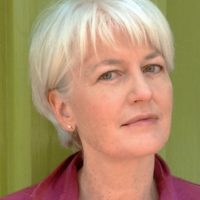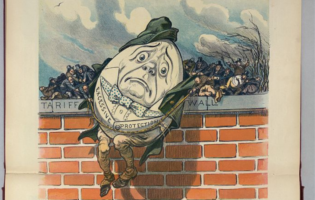The U.S. and Germany in the United Nations: Cooperation Prospects and Conflict Potential

Karin L. Johnston
Dr. Karin L. Johnston is a political scientist specializing in international relations, comparative politics, foreign policy analysis, transatlantic relations, and German foreign and security policy. She teaches Comparative European Politics at the School of International Service, American University, in Washington, DC, and has taught courses in International Relations. She has worked in academe, nonprofit organizations, and policy research institutes in Washington, DC, including as Senior Research Associate in the Foreign Policy Program at the American Institute for Contemporary German Studies (AICGS).
Dr. Johnston has written policy analyses on a number of topics, including media and politics in Germany and the United States, United Nations reform, the role of religion in politics, German and U.S. public diplomacy, and U.S.-German-French relations. She has also published on public opinion and foreign policy, specifically, on German public opinion regarding the Bosnia crisis and the 2003 Iraq war. She is currently writing a book examining the German foreign policy decision-making process on out of area operations and the interaction and cooperation between military and civilian components in multilateral peace and stability operations.
Dr. Johnston received a PhD from the University of Maryland and an M.A. in International Studies from the Josef Korbel School of International Studies at the University of Denver in Denver, Colorado, where she also worked as an assistant in the Office of the Lieutenant Governor. Fluent in German, Dr. Johnston studied Politics and History at the University of Tübingen and was a Mercator Fellow at the NRW School of Governance, the University of Duisburg-Essen, in 2014.
She is a former fellow of the Robert Bosch Foundation Fellowship Program and past president of the Robert Bosch Foundation Alumni Association. She is a member of Women in International Security Studies (WIIS), the International Studies Association, the American Political Science Association, and the International Association for the Study of German Politics.
Issue Brief 8
The United States and Germany have long supported the United Nations. In recent years, however, the two countries have at times been at loggerheads over whether or how to involve the organization in addressing international conflicts…









